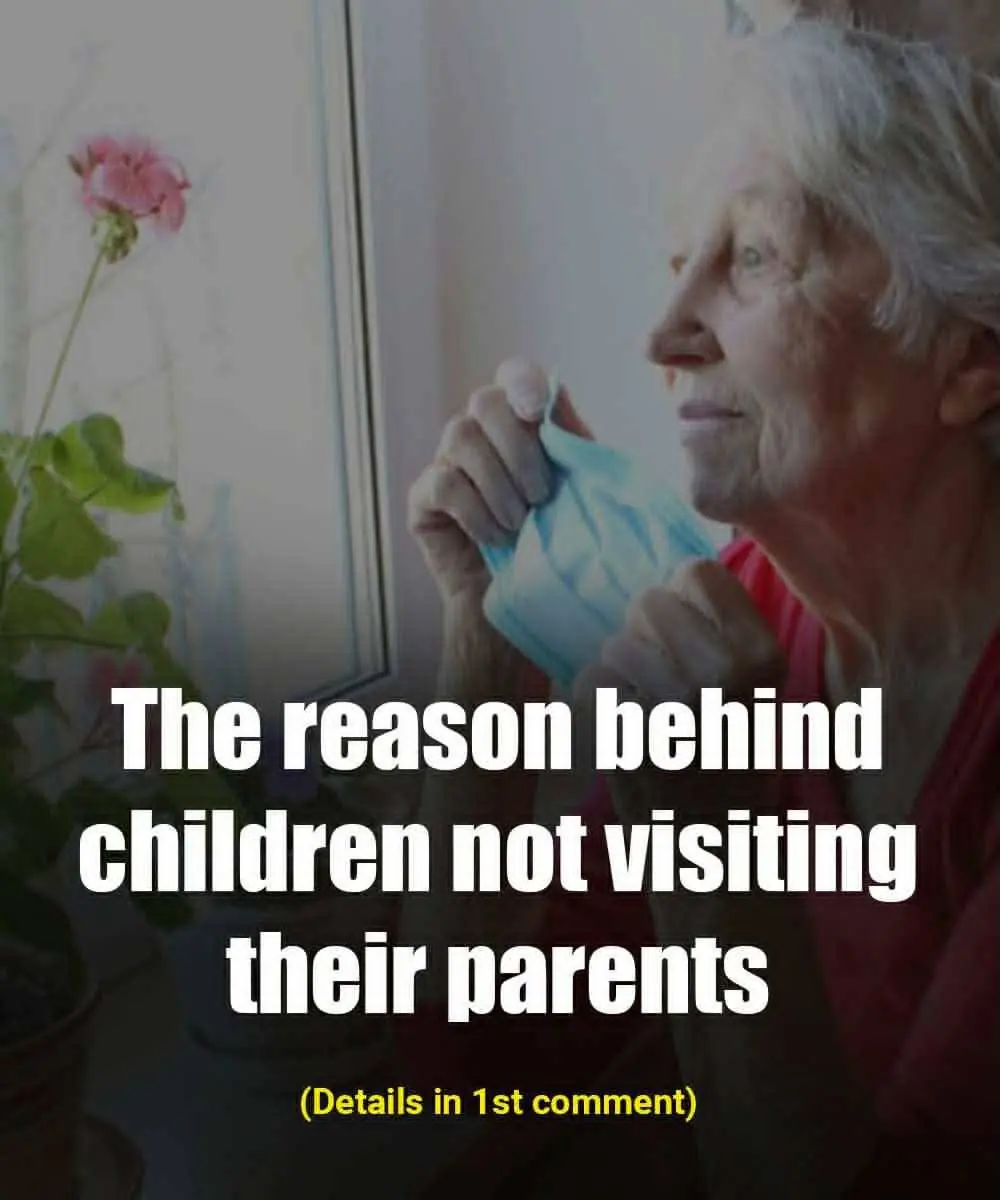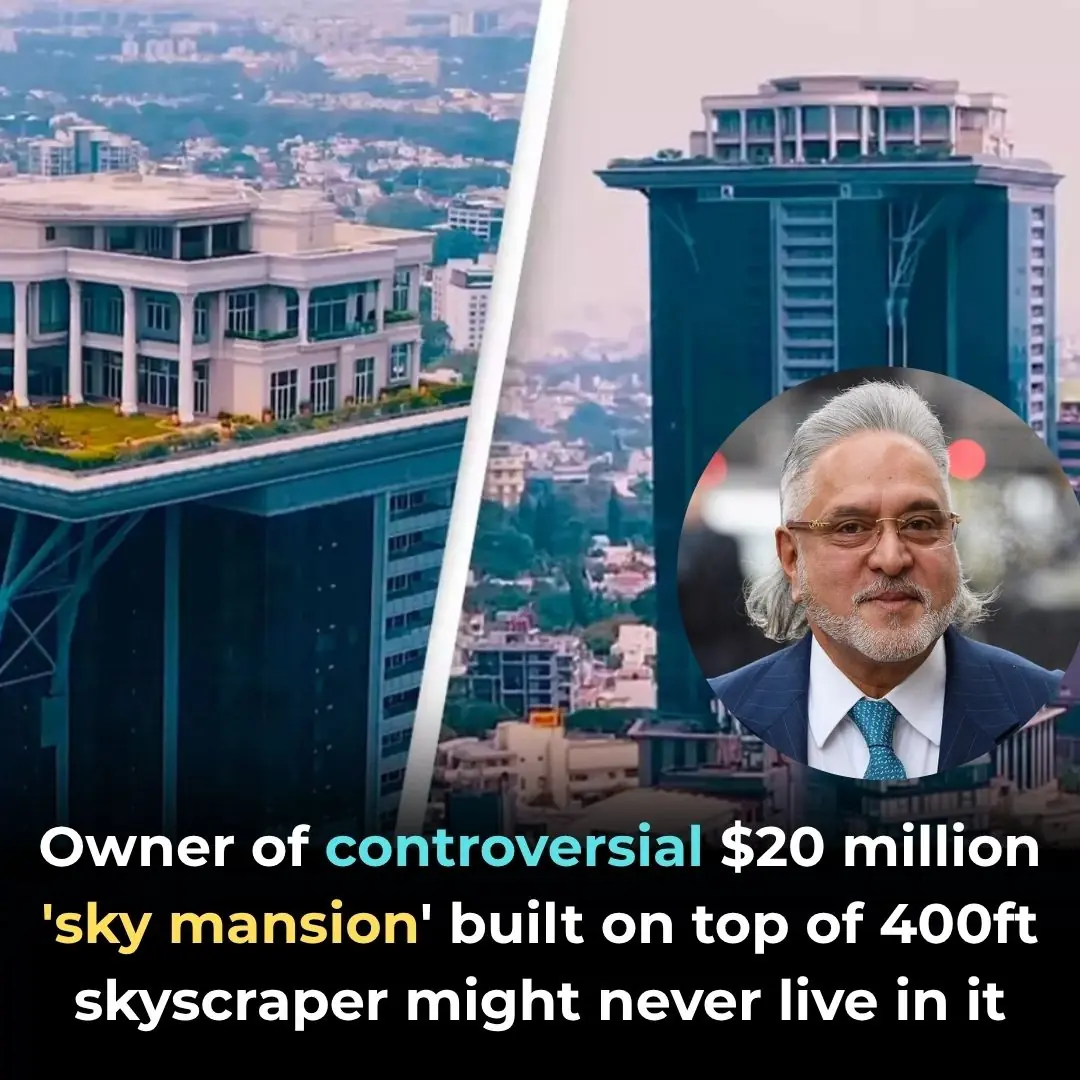
Backlash Grows After Trump’s Dismissive Comment to Female Journalist

Trump Faces Renewed Backlash Over Sexist Remark at White House Press Event
During a recent press conference at the White House with Argentine President Javier Milei, U.S. President Donald Trump once again found himself at the center of controversy after a remark directed toward a female journalist drew widespread accusations of sexism. The exchange—captured on video and rapidly circulated across global media—showed Trump responding not to a policy question but to the reporter herself, in a manner many critics called dismissive and patronizing.
When asked about China’s expanding influence in Latin America, Trump turned to Vice President JD Vance and remarked, “I just like to watch her talk,” before adding to the journalist, “Good job. Thank you, darling.”
The clip instantly went viral, sparking a storm of criticism from journalists, political observers, and social media users across the political spectrum. Many argued the president’s tone reflected a recurring pattern of behavior—one that blurs the line between humor and condescension, and reinforces long-standing gender stereotypes in professional settings. Supporters, meanwhile, defended Trump’s comment as harmless banter, emblematic of his “unfiltered” style that rejects what they view as suffocating political correctness.
Yet beyond partisan debate, the moment reignited broader conversations about decorum, professionalism, and gender sensitivity in public office—issues that resonate far beyond a single press briefing.
A Moment That Sparked Global Debate
The incident took place following bilateral talks between Trump and Milei focused on U.S.–Argentina economic cooperation and Latin American policy. After discussions concluded, the press was invited to ask questions. When the female journalist stood to inquire, “As China defends its presence in Latin America, what role do you see for the U.S.?,” Trump sidestepped the substance entirely, turning away to Vance and making his now-infamous remark.
While some attendees laughed awkwardly, others appeared visibly uncomfortable. The reporter, maintaining her composure, thanked the president, who responded, “Good job. Thank you, darling,” before calling on another questioner.
Within hours, clips flooded X (formerly Twitter), TikTok, and Instagram. Media watchdogs and advocacy groups condemned the remark, calling it “a textbook case of gendered dismissal.” Analysts pointed out that the exchange trivialized a serious foreign policy discussion and shifted focus from global diplomacy to the female reporter’s presence—effectively undermining her professional authority.
Some commentators observed that such interactions contribute to a broader erosion of trust between the press and political leaders, particularly when women journalists are treated differently from their male counterparts. Others suggested the viral reaction reflected growing public intolerance for condescension in political communication, especially in a media environment that magnifies every misstep in real time.
A Familiar Pattern in Trump’s Public Conduct

For Trump’s critics, the controversy was neither surprising nor isolated. His history of making controversial remarks about women stretches back decades—from the 2005 Access Hollywood tape to repeated comments about women in politics, media, and business.
During his first presidency, similar incidents made global headlines. In 2017, while speaking by phone with then-Irish Taoiseach Leo Varadkar, Trump called over Irish journalist Caitriona Perry, praising her smile in front of cameras. He also referred to female politicians such as Hillary Clinton and Nancy Pelosi using language widely regarded as demeaning. Even on The Apprentice, his reality TV series, Trump’s remarks about women’s appearances were frequent and well-documented.
More recently, at a peace summit in Sharm El-Sheikh, Egypt, he described Italian Prime Minister Giorgia Meloni as “a beautiful young woman,” later joking that such comments could “get a man canceled” in the United States. Days afterward, he quipped about his press secretary Karoline Leavitt’s “machine gun lips,” a phrase that drew immediate backlash.
Taken together, these episodes form a recognizable pattern—a style that some perceive as casual charm and others as a consistent disregard for professional boundaries.
Reactions Across Media and Public Discourse

Reactions to Trump’s latest remark have been swift, polarized, and emblematic of the broader divide in American political culture. Prominent journalists condemned the exchange as “rhetorical control disguised as compliment,” arguing that it reduced serious inquiry to spectacle. Feminist commentators described it as part of a larger pattern in which women in professional settings are subtly infantilized through language.
Conversely, many of Trump’s defenders claimed the criticism was exaggerated. Conservative pundits framed the episode as another example of media bias and hypersensitivity, asserting that Trump’s humor humanizes him to voters weary of scripted politicians. Some even suggested that outrage over his comments reveals more about contemporary political culture than about Trump himself—an argument that underscores the deep divide over norms of speech and behavior.
Media organizations such as CNN and The Guardian published analyses emphasizing how small moments can have large symbolic consequences. When a world leader comments on a journalist’s appearance rather than her question, they noted, it reinforces gendered hierarchies and undermines press freedom. Communication scholars added that such exchanges can subtly recalibrate public expectations about what conduct is acceptable from those in power.
Professionalism, Optics, and the Presidency

Beyond immediate outrage, the episode highlights enduring questions about political decorum. In democratic societies, the relationship between elected officials and the press is built on mutual respect: journalists scrutinize power, while leaders respond with substance and civility. When that balance is disrupted—especially through gendered language—the result can be reputational damage not just to the individual but to the institution itself.
Experts in political communication stress that repetition is key: when a public figure repeatedly makes such remarks, the behavior ceases to appear accidental and becomes emblematic. In diplomacy, where every word is parsed for meaning, even offhand comments can overshadow substantive policy discussions. Trump’s remark during the Milei event diverted attention from U.S.–Argentina relations and the strategic contest with China in Latin America—issues of genuine geopolitical weight.
In the digital age, optics carry as much weight as policy. Every gesture, facial expression, and phrase can be captured, shared, and scrutinized globally within minutes. Trump’s comment demonstrates how a single improvised sentence can eclipse an entire policy agenda, reshaping the narrative before officials have the chance to clarify their intent.
Gender Dynamics in Politics and Journalism

The controversy also reignited discussions about how gender biases persist in political communication. Female journalists frequently report experiencing subtle or overt forms of sexism—from being interrupted or patronized to having their credibility undermined by comments unrelated to their work. Scholars of media and gender note that such dynamics perpetuate the notion that women must navigate an extra layer of scrutiny in professional spaces.
Historically, women covering political beats were often sidelined or underestimated; while progress has been made, moments like this show how fragile that progress can feel. Dismissive remarks from powerful figures may discourage aspiring female journalists or reinforce perceptions that competence must coexist with constant grace under pressure.
The issue also extends beyond journalism. Female leaders—from diplomats to heads of government—routinely contend with similar microaggressions. Trump’s description of Meloni as “beautiful” rather than “capable” mirrors the fine line women in politics still walk between visibility and professionalism. Each controversy becomes a reminder that cultural change, though measurable, remains incomplete.
Broader Implications for U.S. Image and Global Leadership

Observers have noted that incidents like this reverberate far beyond Washington. In international diplomacy, perception shapes credibility. When a head of state appears dismissive or unprofessional, it can color how allies and adversaries interpret American values and leadership style.
The joint meeting with President Milei was intended to showcase unity and renewed engagement in Latin America, countering China’s growing economic influence. Instead, headlines around the world—from BBC News to Al Jazeera—focused on the gender controversy. Analysts warned that such diversions weaken diplomatic messaging and feed into narratives of unpredictability in U.S. leadership.
This episode also raises a more fundamental question: what standards should citizens demand from their leaders? In a media landscape defined by instant dissemination, behavior once dismissed as trivial now carries global resonance. Trump’s remark, and the ensuing debate, encapsulate the ongoing struggle to define accountability and civility in an era when every word is amplified.
Leadership, Language, and Accountability
As public debate continues, the incident underscores the tension between authenticity and responsibility. For supporters, Trump’s unscripted style is precisely what makes him relatable—a rebellion against political artifice. For critics, it exemplifies a deeper disregard for respect and professionalism in the nation’s highest office.
Ultimately, the controversy is less about a single phrase and more about the values that language conveys. Every remark by a leader reflects underlying attitudes toward power, respect, and equality. Whether seen as a minor lapse or as part of a broader pattern, Trump’s exchange with the reporter illustrates how words can shape public trust and influence the evolving standards of modern democracy.
In an era of constant visibility, the message is clear: leadership is not judged by words alone, but by the awareness and empathy behind them—and the willingness to recognize that in politics, tone can be as consequential as policy.
News in the same category


What’s the Reason Behind Painting Trees White?

People Left Disgusted: Shocking Truth About How Crabsticks Are Made

The Purpose of the Overflow Hole in Your Sink You Never Knew

The reason behind children not visiting their parents

Powerball Winner Turns $2 Billion Fortune Toward Rebuilding Fire-Ravaged L.A. Homes

The Astonishing Claim That Humans Might Be Built for 20,000 Years

Signs Your Adult Child May Resent How You Raised Them

What’s the Reason Behind Painting Trees White?

When ants randomly crawl into the house, here's what the Universe is trying to tell you

6 things in the house that reveal a messy woman

What it means to let your gray hair grow and not dye it, according to psychology

Never throw away this part of the bananas: that's why it's worth its weight in gold in the house

What Mixing Vinegar, Salt, and Water Does?

The Surprising Purpose of the Metal Part Between Scissors’ Handles

Showering with Your Partner

How a $20 Million Dream Home Became a Monument to Nowhere

The Man Who Can ‘Prove’ Life Is a Simulation With Just a DMT Vape and a Laser

What You See First Reveals a Key Trait of Your Personality
News Post

10 Foods That Help Reverse Fatty Liver Disease — Dietitians Recommend Adding Them to Your Daily Menu

How to Perform First Aid for Stroke at Home — The Right Way to Save a Life

The Secret Trick Rice Weevils Fear Most — Add a Bit of “This” and Keep Your Rice Fresh All Year

Mix Toothpaste with Essential Balm Oil — The Viral Home Hack Everyone’s Talking About

Major airline cuts 800,000 seats as it scraps 24 flight routes

Top army general makes shocking admission about how he's using ChatGPT

Good News for Coffee Lovers: 6 Proven Benefits of Drinking Coffee in the Morning

Toilet Stained With Yellow Scale? No Heavy Scrubbing Needed — Try These Natural Tricks for a Sparkling, Fresh Bathroom

Electric Kettle Turning Yellow or Crusty Inside? Boil This — and It’ll Shine Like New Without Scrubbing

A Wild Vietnamese Fruit Sells for Nearly $120/kg in Japan — and It May Help Prevent Cancer

Scientists Just Won a Nobel Prize for Discovering How to Stop Your Immune System from Attacking You

What’s the Reason Behind Painting Trees White?

People Left Disgusted: Shocking Truth About How Crabsticks Are Made

The Golden Guardian: How One Dog’s Love Helped a Little Girl Heal

A Broken Heart Finds a New Home — The Little Elephant Who Learned to Love Again

Zosia’s Fight — The Little Lioness Who Refuses to Give Up

Stay With Michał — A Mother’s Fight for One More Tomorrow

A Cup of Tea, A New Friendship: How a Bus Stop Conversation Changed Two Lives.33
